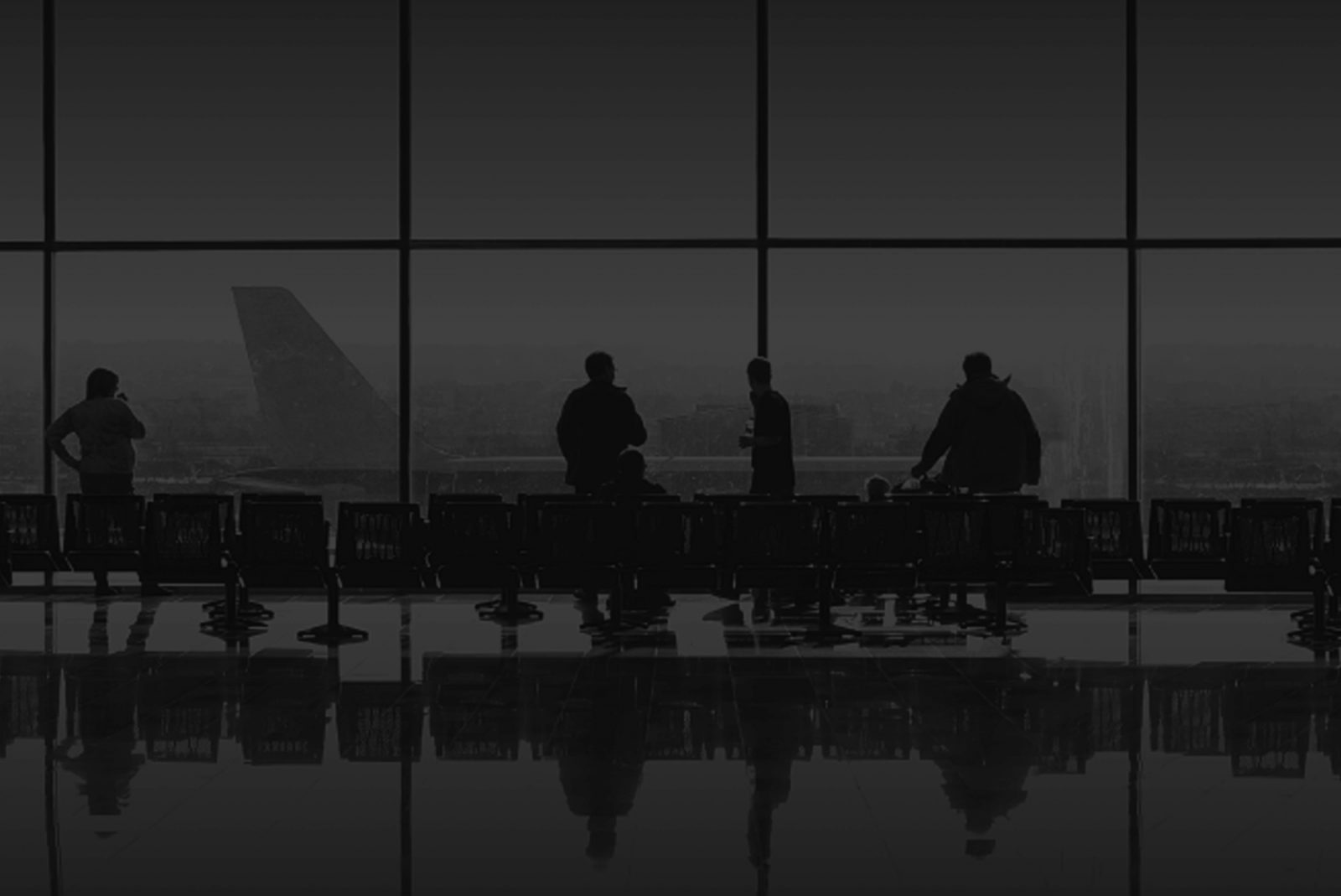
We all know that the vast majority of airlines overbook their flights. And nine times out of ten, this money-making tactic can boost an airline’s profit without having a negative impact on passengers. In fact, overbooking can even benefit passengers – especially if you have frequent flyer status – when airlines are forced to make upgrade’s to the next available cabin.
For some, however, overbooking simply isn’t an acceptable business practice under any circumstances. They argue that airlines shouldn’t be allowed to sell the same seat twice and then ‘bump’ someone off a flight when everyone has the audacity to turn up at check-in.
But airlines think that’s a risk worth taking. They use complex computer algorithms to predict the flights where passengers will book a ticket only to then not bother turning up. The practice is made even more complex with the use of fully-flexible tickets and transfer passengers who often miss their connecting flight.
The airline’s revenue department is aiming to maximise the load factor on every flight in order to make sure the cost of operating the service isn’t more than the revenues gained from it.
But while selling more tickets than the plane has seats can prove profitable, it can also result in the airline being forced to pay out compensation when passengers get bumped from a flight. It’s a difficult balancing act and there’s an interesting TED Educational video which explains why airlines still take the risk.
Simply put, even on the rare occasions when airlines have to pay compensation, the gamble normally pays off. But overbooking is definitely more of a contentious issue since the infamous Dr David Dao incident onboard a United Airlines flight.
In that case, United was forced to offload several passengers in order to make room for flight attendants who had to position to another airport. Unfortunately, none of the passengers was willing to accept the compensation offered to them and at the time, United’s gate agents weren’t empowered to offer more than $800 as an incentive.
As a result, Dr Dao was involuntarily bumped from the flight – the video of him being dragged from the plane made headlines around the world and has proved a PR nightmare for United ever since. The issue of overbooking came into sharp focus and airlines moved quickly to head off criticism.
Take Delta Air Lines as an example – they’ve upped their maximum compensation offer to $9,950 and United now also has a similar upper level. The low-cost airline, Southwest even said it would stop overbooking altogether after the public backlash on the practice.
With compensation rates going through the roof (and the travelling public becoming better informed on their rights) the odds aren’t looking quite so good for airlines anymore.
That’s where new tech startup Volantio comes in with its software platform, Yana. The system is designed to “proactively identify flexible passengers on high demand flights and offer them alternative seats on lower demand flights with added incentives.” Or in other words, identify passengers on overbooked flights who will relinquish their seats for lower compensation amounts.
According to Volantio, they’ve developed software that utilises millions of data points that can identify passengers with the highest probability of accepting the airline’s compensation offer.
The company has recently won backing from International Airlines Group, the owners of British Airways and Iberia. The tech company deployed Yana with the Spanish airline, setting the system up in just 27 days – it allows Iberia to send personalised offers which can include upgrades, monetary compensation, travel vouchers or frequent flyer points.
The airline conglomerate said Yana would help “increase asset utilisation and unit revenues” while also providing “more opportunities for its customers who can benefit from having flexible travel plans.”
“Volantio has shown us the endless possibilities of how we can transform passengers’ journey and the future of travel,” explained Glenn Morgan, IAG’s head of digital business transformation.
“We’re excited to be investing in such an innovative start-up which has the potential to mutually benefit both airlines and passengers.”
Volantio is already in use with a number of other airlines including Emirates, Qantas and Alaska Airlines. The company says it can also be used during times of disruption and to maximise post-booking revenue by selling upgrades and extras.
Mateusz Maszczynski honed his skills as an international flight attendant at the most prominent airline in the Middle East and has been flying ever since... most recently for a well known European airline. Matt is passionate about the aviation industry and has become an expert in passenger experience and human-centric stories. Always keeping an ear close to the ground, Matt's industry insights, analysis and news coverage is frequently relied upon by some of the biggest names in journalism.







